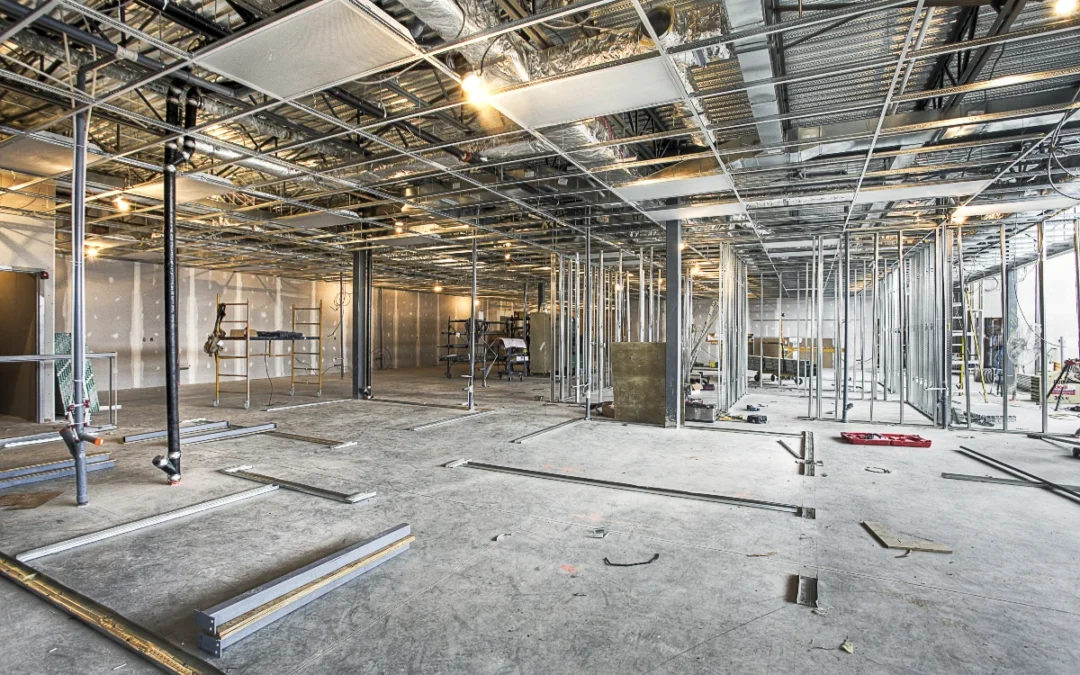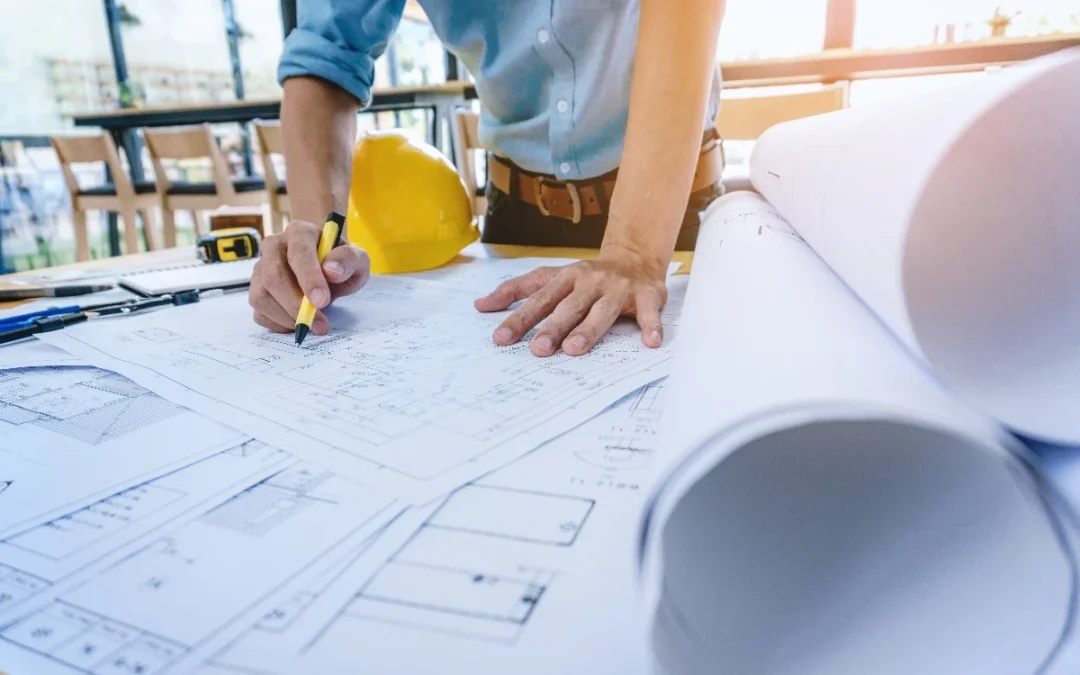
Oct 15, 2024 | Construction
When your business has outgrown its current premises, you have an opportunity to expand or require a more efficient layout or trading space to meet your changing needs. There are two main options: renovating and remodelling the site where you currently operate from or...

Oct 9, 2023 | Construction
Designing, planning and completing a commercial build differs significantly from a residential project, whether you wish to construct a series of warehouses, extend your facility outward or upward, or commence a new development from scratch. For many of our clients,...




